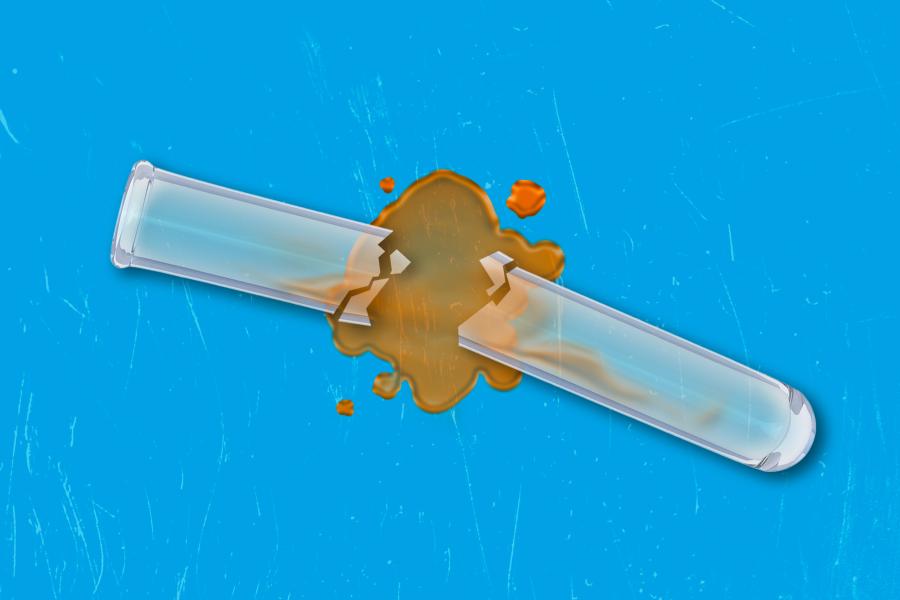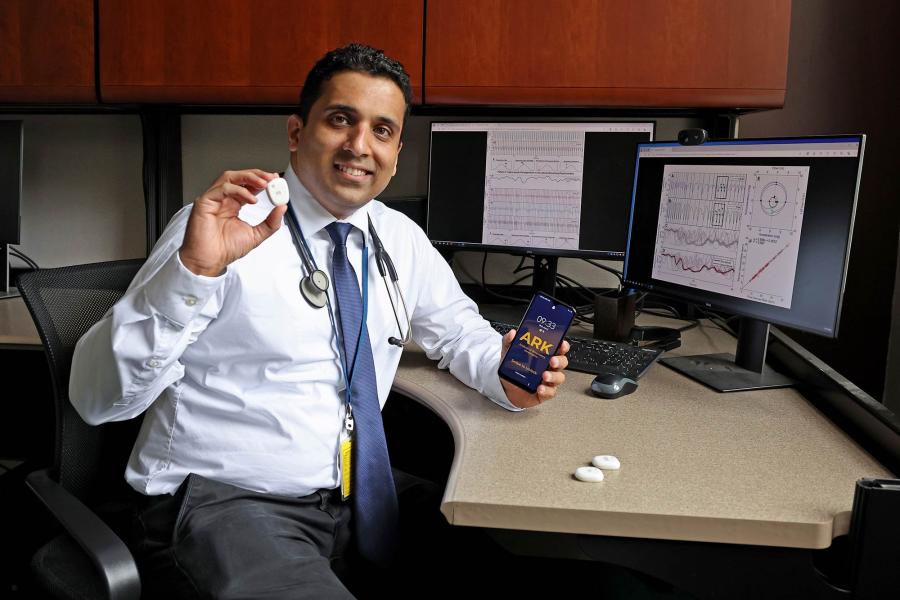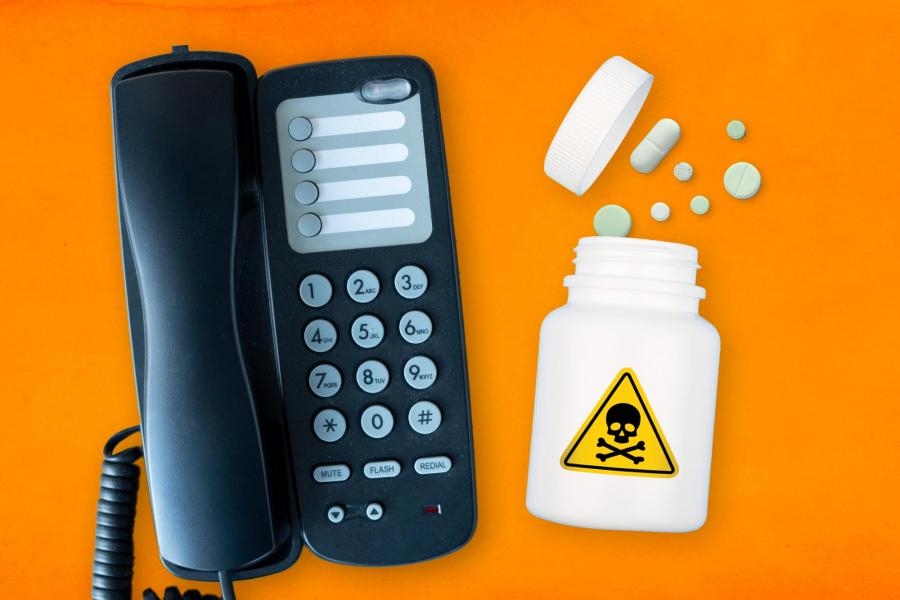With the official start to summer, you're likely taking advantage of the longer daylight hours and some time off to be outdoors.
While most people associate getting sick with the winter months, there are a few things you should watch out for as you relax and recreate this season.
UVA Today wants you to have fun and stay healthy this summer. That's why we talked to Malinda Whitlow, an associate professor in the University of Virginia's School of Nursing, about how to make the most of the warmer months.
Watch Out for Summer Viruses
As a family nurse practitioner at UVA Health, Whitlow sees a lot of summer colds, occasional cases of Lyme disease and an uptick in cases of cellulitis related to bug bites and conjunctivitis.
Whitlow says the key to preventing one of these viruses during the summer is the same as the rest of the year: Wash your hands, especially after touching your eyes, nose or mouth.
When it comes to bug bites, the site is often itchy or a little pink. If it gets worse, you need to follow up with your primary care physician.
"If the insect site is becoming very red, warm, swollen, painful to touch, or if there's discolored drainage from the insect site, then they should definitely come in and have it further evaluated," Whitlow said.
To avoid ticks, it's best to avoid wooded and leafy areas where the insects are commonly found and wear insect repellents containing DEET, IR3535, or oil of lemon eucalyptus, Whitlow said. If you get bitten, carefully remove the tick with fine-tipped tweezers, applying steady pressure. Disinfect the site with soap and water, rubbing alcohol or an iodine scrub.
Watch out for a headache, rash, fever, fatigue and muscle aches after a tick bite, especially if you live in or have recently visited an area where tick-borne diseases are prevalent. Seek medical attention if you develop any of the above symptoms.
Be Mindful in the Heat
Being outdoors - whether you're playing sports, at the beach or on a hike - is one of the joys of the summer months, but you should be wary of overheating. Kids, pregnant women and the elderly need to take extra precautions.

Malinda Whitlow, an associate professor in the University of Virginia's School of Nursing, says viruses, bug bites and extreme heat can cause problems during summer months. (Contributed photo)
Overheating can quickly turn into heat exhaustion.
"A lot of times it could just be being out in the sun, and you just start sweating profusely, or you're feeling very weak or fatigued. Maybe some people get dizzy or lightheaded, or they feel nauseous and vomit," Whitlow said.
And heat exhaustion can become heat stroke if left untreated.
"Heat stroke symptoms can result in more objective findings," Whitlow said. "High body temperature, something above 103 degrees Fahrenheit; rapid heart rate; and they're confused, or they're maybe hallucinating or agitated, maybe they have a seizure or loss of consciousness."
A person suffering from heat stroke should be taken to a cooler area and immediately seek emergency medical attention.
Charlottesville offers cooling centers on especially hot days. You can find a list of those here. You can also cool down at a UVA Library location.
Stay Hydrated
"The latest research states that most adults in the United States are typically chronically dehydrated and drink less than the recommended water intake per day," Whitlow said, even before considering how higher temperatures can further dehydrate a person. Keep a water bottle with you and take frequent water breaks if you're playing sports, hiking or swimming.
Most of the time, regular water intake is just fine to keep you hydrated, Whitlow said. But if you're sweating excessively, playing sports or have diarrhea or vomiting, Gatorade or other sports drinks may be helpful.
Protect Yourself From the Sun
Make sure you're wearing sunscreen if you're going outside. And be sure to reapply it every two hours, especially if you're swimming or sweating.
You should also check the UV index, Whitlow said. It's typically higher - making the risk of sunburn more likely - between 10 a.m. and 4 p.m., though the reading can vary. Sunburn is possible even if you just sit in front of a window that receives direct sunlight.
Take extra precautions if you take the common antibiotic doxycycline, which makes your skin more sensitive to the sun.
Wear long sleeves and a hat when possible. But you should still apply sunscreen to your face if you wear a hat, as you can still catch some sun.
Read the Fine Print
Not just any sunscreen will do. You should make sure the sunscreen you are using has SPF 30 or higher, Whitlow said.
Most of us have old bottles of sunscreen rattling around our beach bags or in a cabinet somewhere. But sunscreen does expire.
"Look at the date on those to make sure that it's still current for this year," Whitlow said.
There are several new products on the market to prevent you from getting a sunburn, including sunscreens specifically for your lips and scalp. Before trying those products, read the ingredient list to make sure the product does not contain allergens you're sensitive to. And before you head outdoors, test the product on a small area to be sure it doesn't irritate your skin.









